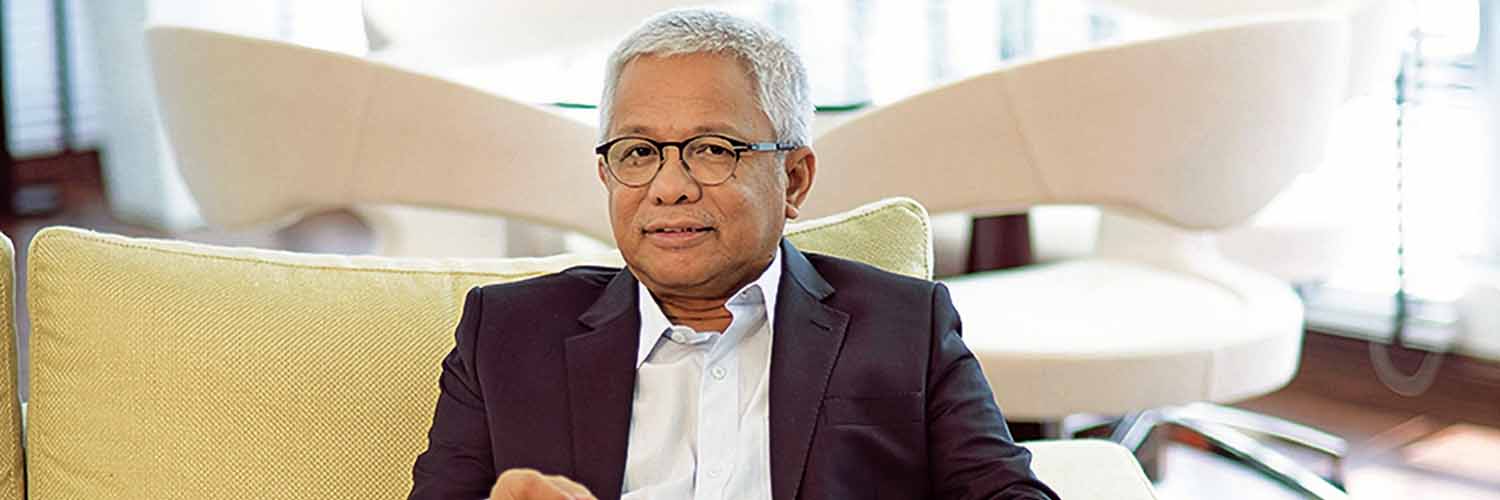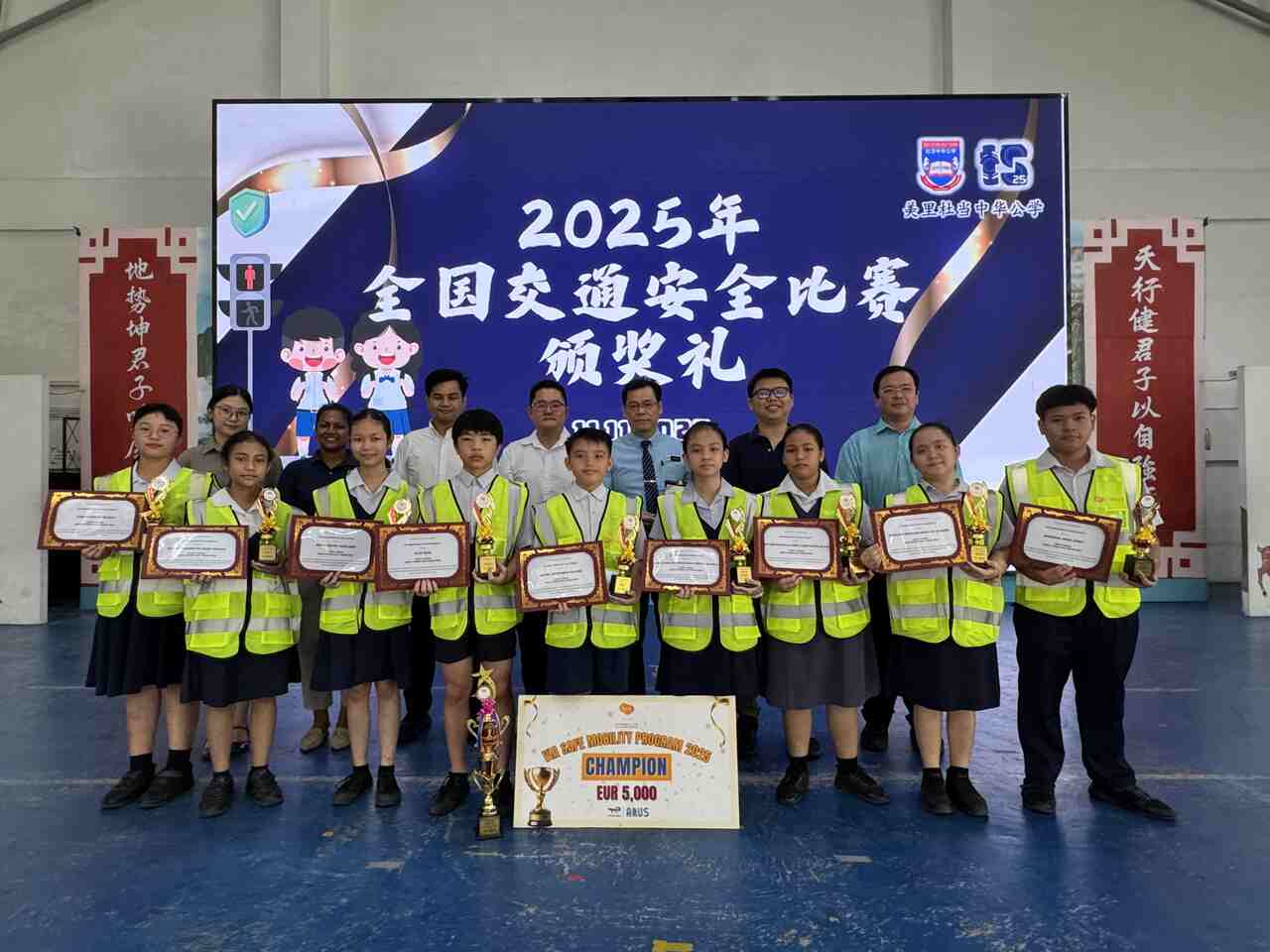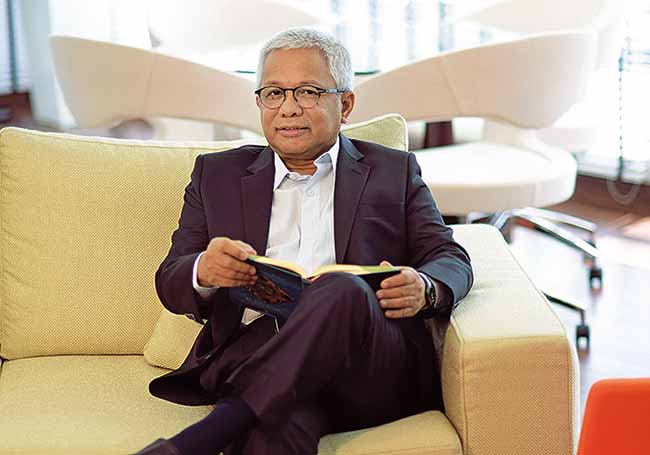
Dato’ Hussamuddin bin Yaacub is well-known in the Malaysian media industry. He is the chairperson and managing director of Kumpulan Media Karangkraf. Karangkraf publishes 13 magazines, Sinar Harian daily newspaper, and a book division.
Hussamuddin began his publishing career in 1978 with a weekly magazine for children called Mingguan Kanak-Kanak. In the 90s, the publishing business grew through Alaf 21 and Karya Bestari with novels and books of various genres. Subsequently, the group’s foray into the commercial printing business started
Since then, the publishing house has grown leaps and bounds to become one of the largest entities in the Malaysian media landscape.
This Bernama article was published in 2011 in our sister site Komunitikini. We are republishing the article in three parts starting today to provide readers with valuable information on how to grow in business.
Start small
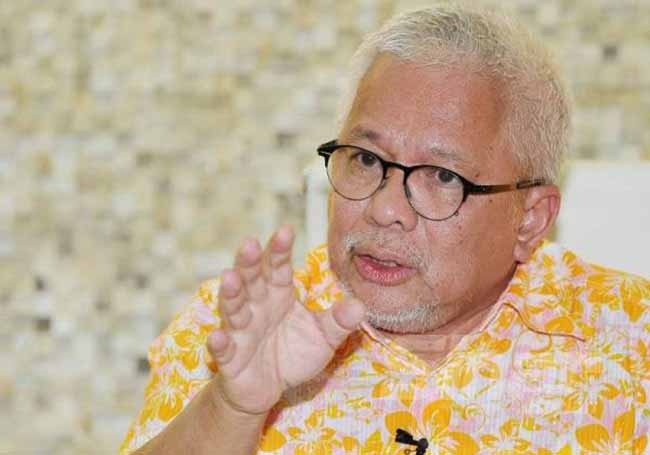
Hussamuddin started his publishing business from a rented house in SS2, Petaling Jaya, with Haji Fickri Haji Yaacob dan Muhd. Nasir Haji Hamzah.
The house became their operations centre and their living quarters.
“Start small. Be an apprentice before starting your own business. Use your own money. Avoid borrowing from the bank.
“Conduct your business with sincerity. Don’t start with the intention of cheating. To become a leader, you must know how to lead. Show a good example and appreciate your employees. You must have a good imagination and think outside the box.”
Life’s turns
Hussamuddin was born on December 5, 1953, in Kota Bharu. He was the second youngest of 7 siblings.
He attended Sultan Ismail primary school, where he was often bullied for his short stature.
Nevertheless, he took all the challenges in his stride and turned them into the fuel for his growth.
He makes clear that the route to the top is not without difficulty.
To become a successful entrepreneur, he believes one must start small.
“It is not at the bottom that you fall; it is when you are at the top,” he said.
The business grew from the rented house in SS2, and eventually, it moved to Taman Tun Dr Ismail. However, while at the peak of the business, his printing factory was razed by fire. The incident did not stop him.
Today, his printing and publishing business yields annual sales of some RM400 million.
Learning young
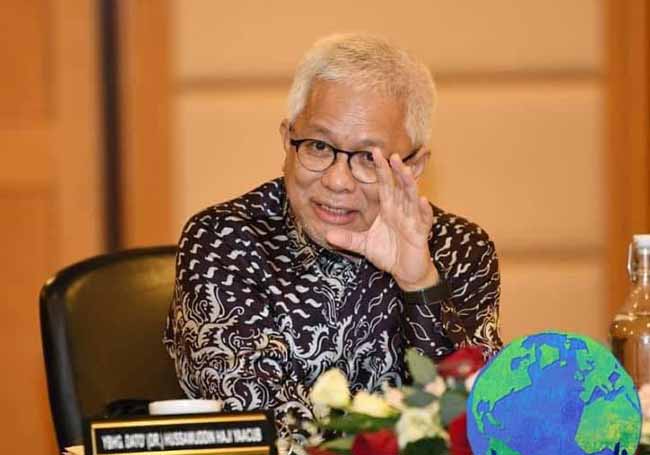
His first exposure to business was when he was a small child filling in at his father’s bookstall.
His father Haji Yaacob ran Toko Buku Yaacob Idris in Kota Bharu, Kelantan.
“Selling a newspaper for 20 sen would yield a profit of 4 sen. I got 15 sen of profit for an RM1 magazine, and if I sold three of those, I got 60 sen in profit.
“Although my father’s business was small, I learned a lot about business through it. I could also read for free,” he said.
He applied his skill in school, where he took orders for books.
“In university, I ran a small business photocopying books and question papers,” he said.
He read Economics at Universiti Kebangsaan Malaysia (UKM), majoring in Business Accounting.
Hussamuddin followed Tun Mahathir’s advice for Malays who want to go into business: start with retail.
“Retail business trains us. We see capital and profits more clearly,” said Hussamuddin.
Hussamuddin said business is like a tree, which starts from the roots.
Lesson in economic
Another childhood experience that helped him develop business acumen was getting his family’s food supplies from the wet market.
Hussamuddin initially felt it was unfair to be tasked with a chore he thought would be better given to an older sibling.
He later learned that the experience helped him immensely in his business endeavours.
He would be given only RM1.50 or RM2 to spend, but he always managed to return with a full basket.
“I did some networking with the aunties selling at the market. I learned how to choose fresh fish. I learned how to haggle. The aunties also pitied me, a small boy in patched-up clothes.
“If other people could get 12 fishes for RM1, I could get 15.
“In hindsight, I understand my mother’s intentions when she sent me to do the marketing. Perhaps she felt this was another way to help me develop skills, as I wasn’t good academically.
“The process helped me become a good businessman,” he said.
“Business-wise, I am quicker than my siblings.”


